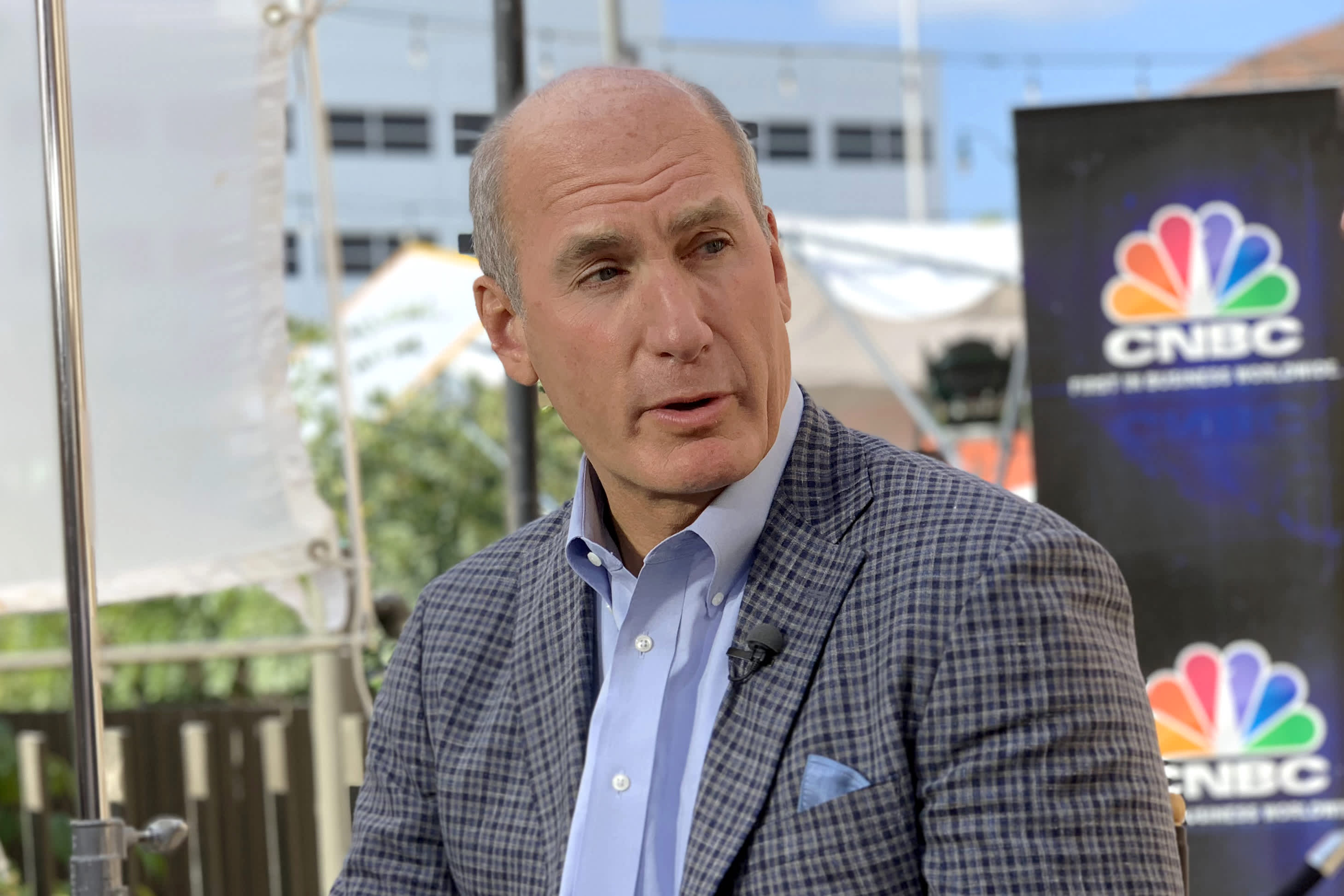A pedestrian walks in front of an AT&T store in New York.
Scott Mlyn | CNBC
The Securities and Exchange Commission accused AT&T and three of its executives of selectively granting some Wall Street analysts access to non-public information, without sharing it widely.
The SEC claimed in a new complaint on Friday that, in March 2016, AT&T learned that its revenue would fall short of analysts’ estimates due to a larger than expected drop in smartphone sales in the first quarter. To avoid appearing to fall well below expectations, the SEC argued, AT&T Investor Relations executives Christopher Womack, Michael Black and Kent Evans called analysts from around 20 companies to disclose internal sales data and how it would affect the recipe.
AT&T’s shares were slightly negative in Friday’s trading session.
The SEC claimed that internal documents made it clear that the data was generally considered material for investors and could not be selectively disclosed under the Fair Disclosure Regulation (Regulation FD). This regulation says that relevant information must be shared publicly when shared with certain professionals and market analysts to promote a level playing field.
As a result of these calls, the SEC said, analysts lowered their revenue estimates. This means that the consensus estimate ended up just below the number that AT&T ended up reporting for the quarter, according to the complaint.
AT&T was expected to fall more than $ 1 billion below the consensus revenue estimate for the quarter prior to the executives’ calls, according to the complaint. The complaint alleges that AT&T’s CFO instructed the company’s investor relations department to “work” with analysts who had “very high” equipment estimates.
The SEC claimed that Black misrepresented information about private calls with analysts as publicly available. The complaint alleges: “Black knew or negligently disregarded that he was misrepresenting the information he was transmitting to analysts because he tracked the calculation of AT&T’s consensus estimates – none of which corresponded to the information he provided in the calls to analysts.”
In a long statement after the complaint, AT&T said the lawsuit “represents a significant departure from the SEC’s longstanding FD enforcement policy and is inconsistent with the testimony of everyone who participated in these conversations.”
The company also said that the information discussed in the analyst calls “concerned the widely publicized phasing out of subsidy programs for new smartphone purchases and the impact of this trend on smartphone update rates and equipment revenue. Not surprisingly, without device subsidies, customers updated their smartphones less often, leading to a reduction in equipment revenue. “
AT&T also said that it had already publicly stated that the drop in phone sales did not have a material impact on profits.
“The SEC’s pursuit of this issue will not protect investors and, instead, it will only serve to cool productive communications between companies and analysts, something the SEC was concerned about when it adopted the FD Regulation some 20 years ago,” he said. AT&T in the statement. “Unfortunately, this case will only create a climate of uncertainty between public companies and the analysts who cover them.”
Sign up for CNBC on YouTube.
WATCH: 5G will change your phone and your world
